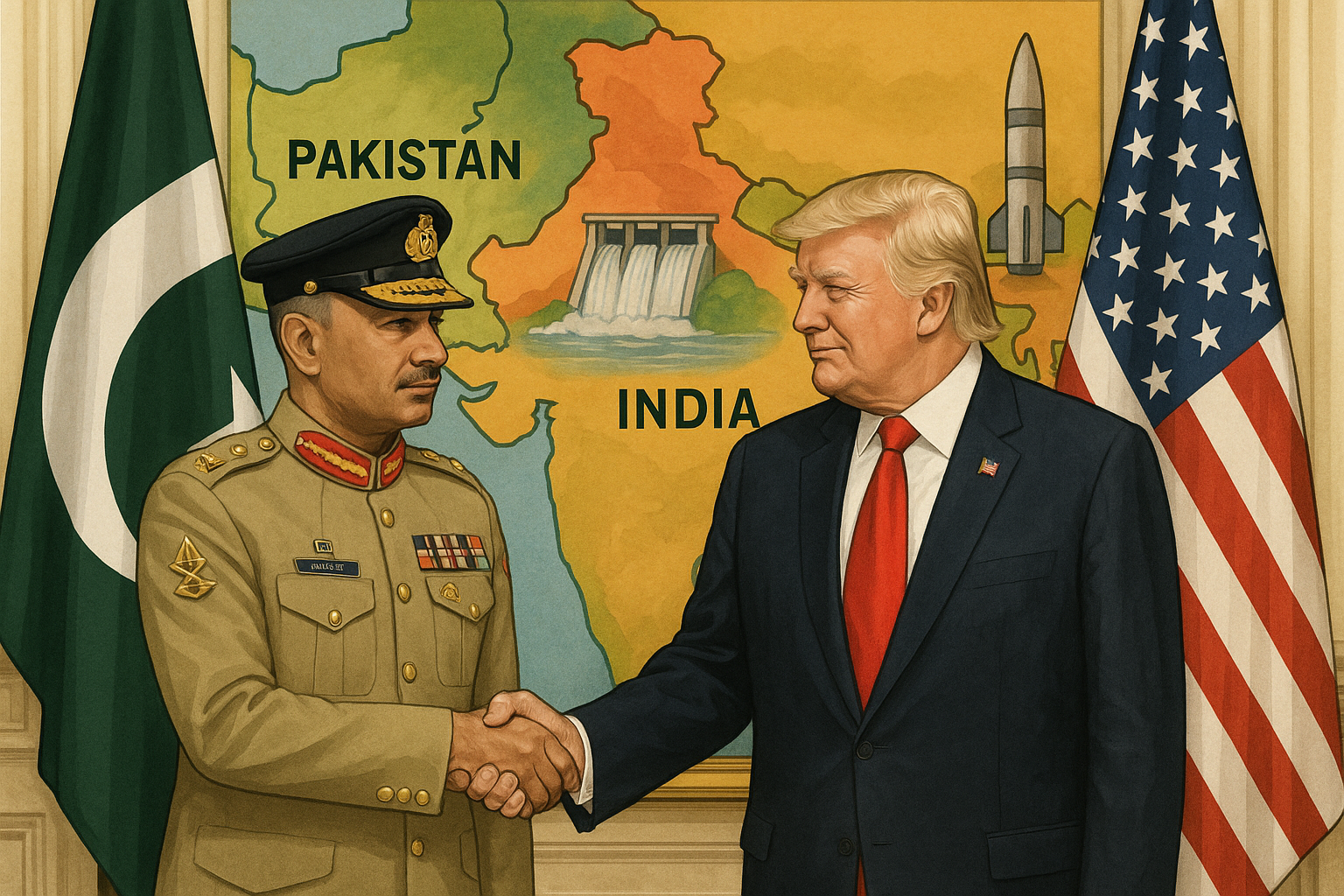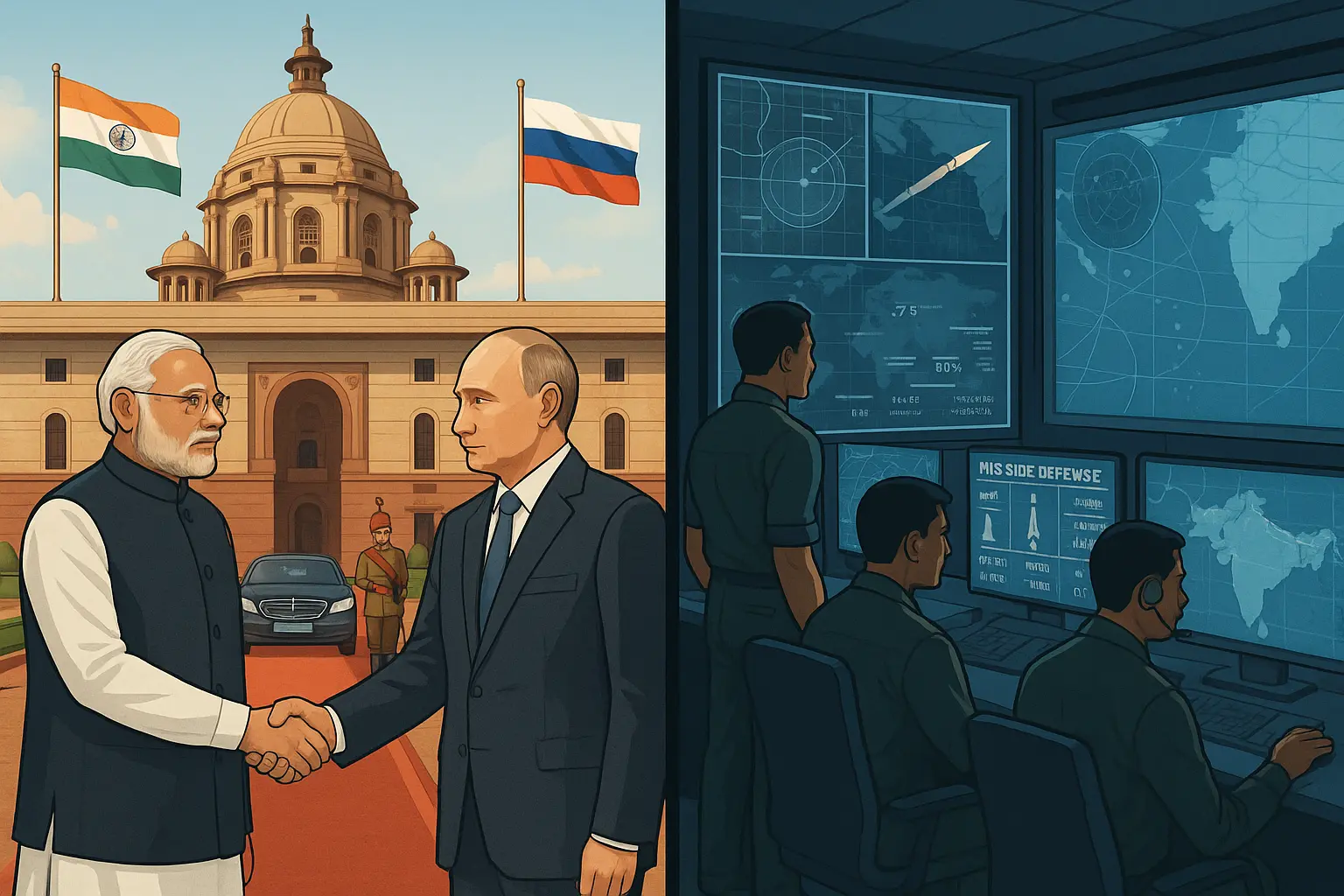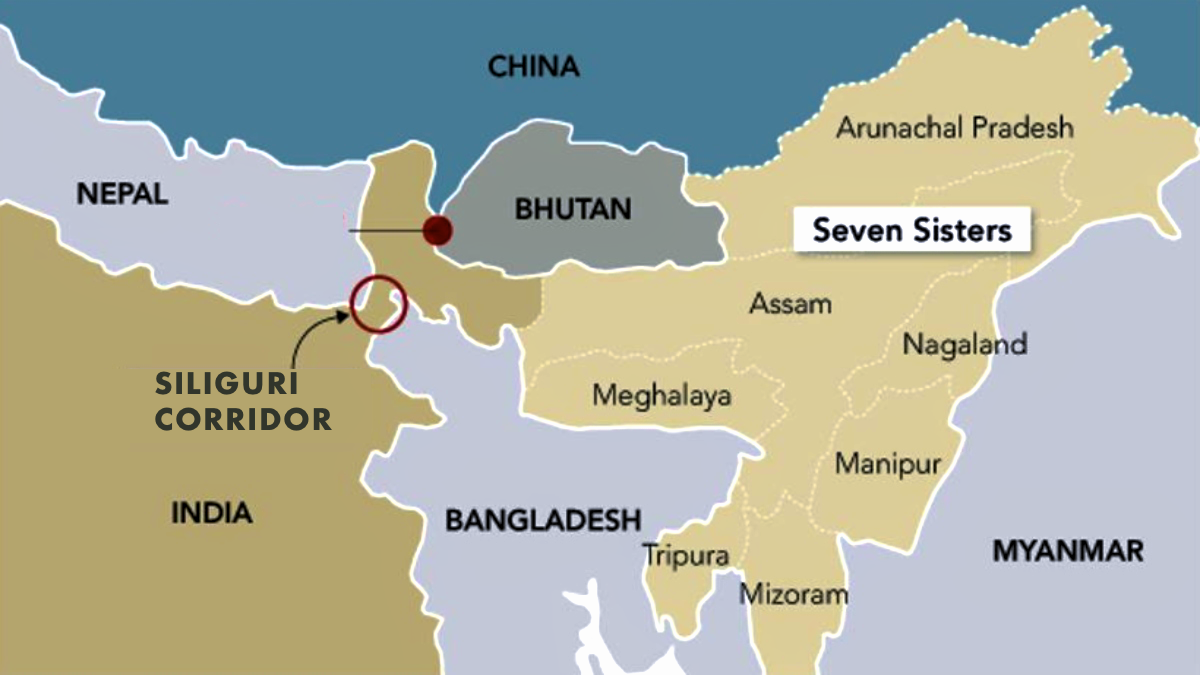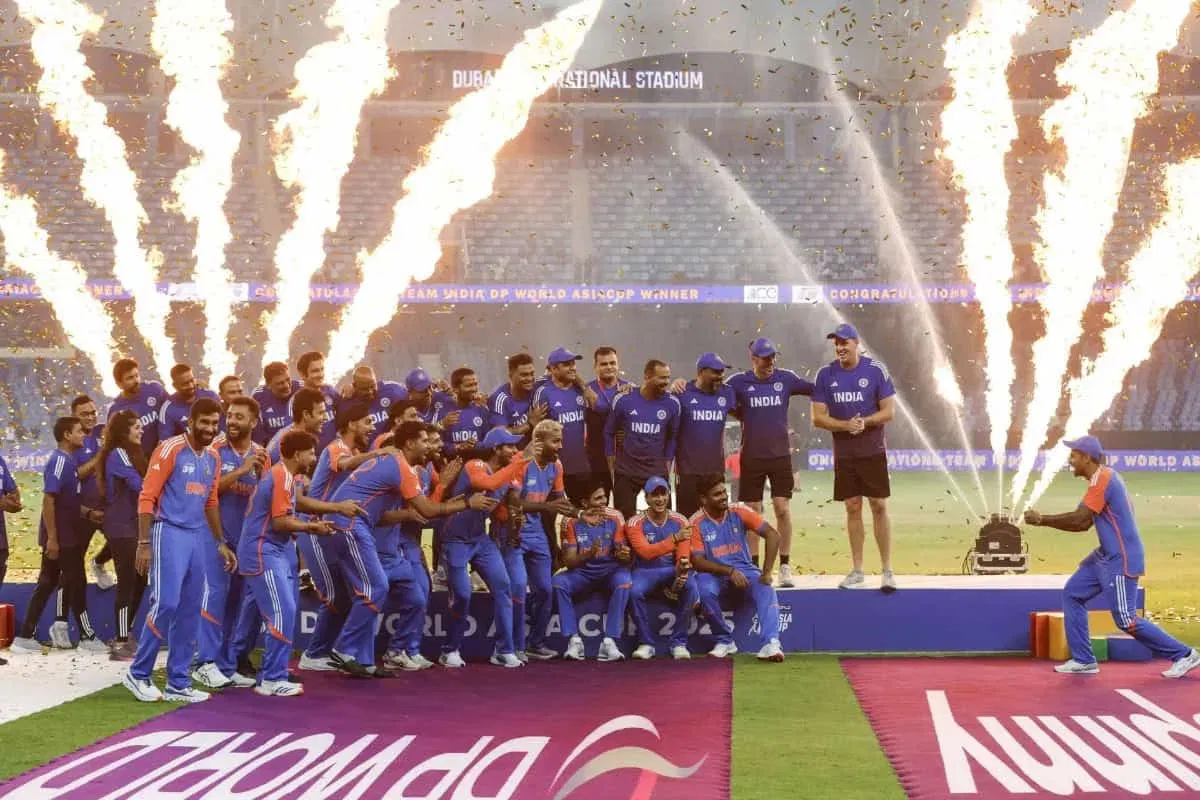10 Missiles on Indian Dams? ASIM MUNIR’S Explosive Threat from America

A Second Visit That Raises Eyebrows
When Pakistan’s Army Chief, Field Marshal Asim Munir, landed in the US for the second time in under two months, it wasn’t just another diplomatic trip. His visit carried political weight, military significance, and more than a few controversial statements that sparked debate in Islamabad, Washington, and New Delhi. From White House lunches with Donald Trump to hard-hitting rhetoric about India, Munir’s approach shows a mix of strategic diplomacy and bold verbal firepower.
A Busy Schedule in the US
Munir’s August trip was centered around attending the farewell and change-of-command ceremony for US Central Command (CENTCOM) Commander General Michael Kurilla in Tampa, Florida.
But beyond ceremonial duties, Munir held crucial meetings with senior US officials, including General Dan Caine, and engaged directly with the Pakistani diaspora in the US. He described his visit as opening a “new dimension” in Pakistan–US relations—words that signal a potential shift in strategic alignment.
For Pakistan, this outreach is more than symbolic—it’s an attempt to strengthen military-to-military trust with Washington after years of fluctuating relations.
The Historic Lunch with Trump
Just two months earlier, in June, Munir made history as the first Pakistani Army Chief to have a one-on-one lunch at the White House with Donald Trump—without any civilian officials present.
The meeting reportedly covered sensitive topics:
- Regional tensions involving Iran
- Trade opportunities
- Emerging areas like cryptocurrency in cross-border transactions
Trump even claimed he had helped prevent a nuclear confrontation between India and Pakistan—an assertion India has strongly rejected.
For Munir, this meeting wasn’t just about symbolism; it was a direct line into Trump’s inner circle, bypassing usual bureaucratic channels.
Controversial Words, Loud Reactions
Pakistan’s Army Chief Asim Munir reportedly warned:
If India builds any dam on the Indus, then after its completion, Pakistan will destroy those dams with 10 missiles. And if India retaliates, Pakistan will launch a nuclear attack that will destroy half of the world.
Why This Matters Geopolitically
These visits signal a renewed Pakistan–US military alignment, with potential consequences:
- For the US: Pakistan’s military remains a key partner in regional stability, particularly with Washington’s reduced footprint in Afghanistan.
- For Pakistan: Direct military-to-military engagement can help secure defense support, technology, and intelligence sharing.
- For India: The warming ties between Islamabad and Washington under Trump’s wing could trigger strategic recalculations.
But this “transactional” style of diplomacy is risky. If promises aren’t met or political winds shift, Pakistan could find itself overexposed.
A Calculated Gamble
By doubling down on US relations, Munir is making a bet: that Pakistan’s military relevance and regional leverage will secure long-term benefits. But balancing this approach while making aggressive public statements could backfire, especially in the age of instant global media.
Conclusion – A High-Stakes Play
Asim Munir’s latest US tour was more than a diplomatic courtesy—it was a strategic move with bold messaging. Strengthened ties with Washington could bring Pakistan new opportunities, but the provocative rhetoric risks inflaming tensions with India and complicating peace efforts. In high-stakes geopolitics, every word counts, and Munir’s words are now echoing far beyond the halls of CENTCOM.









No comments yet. Be the first to comment!